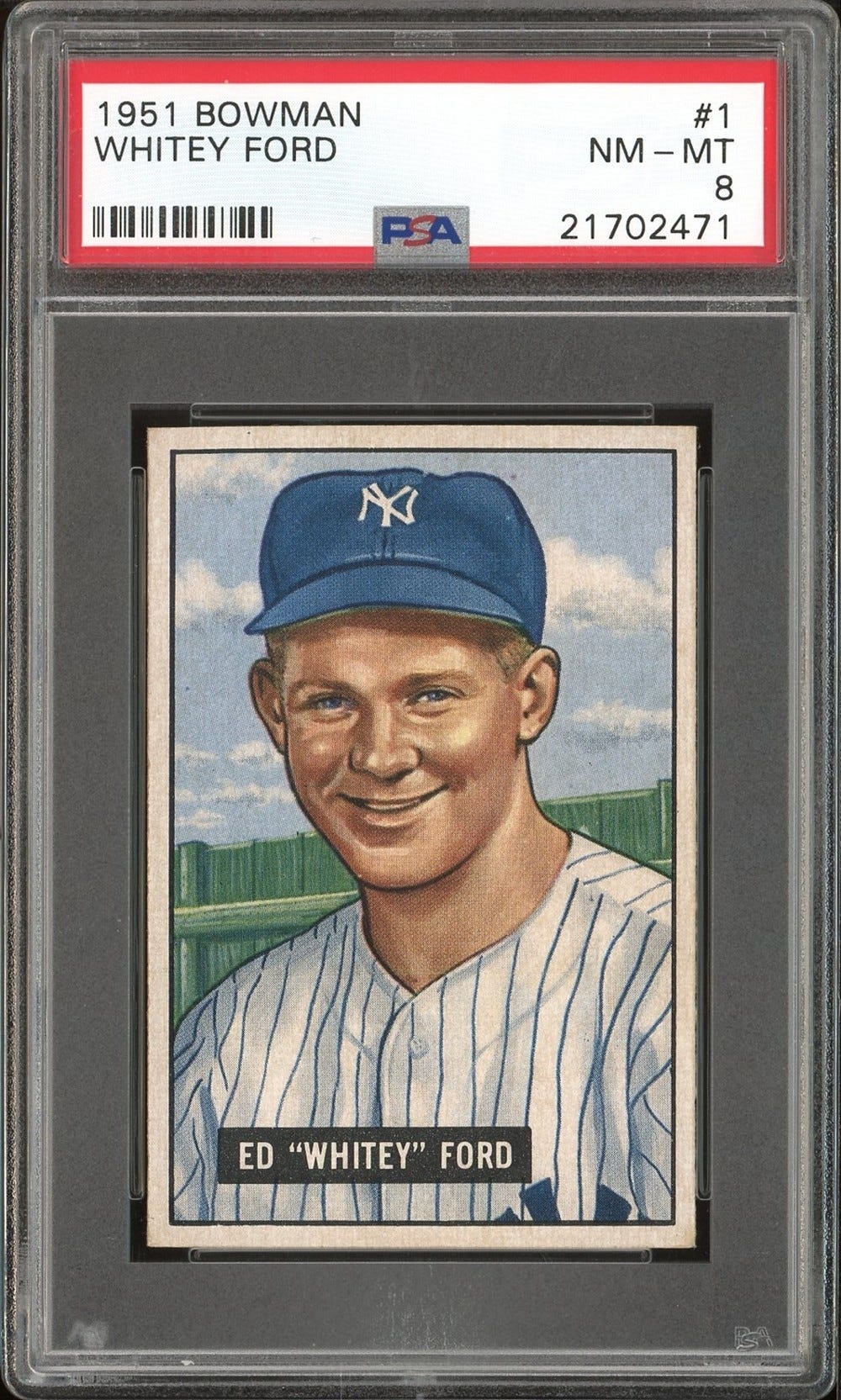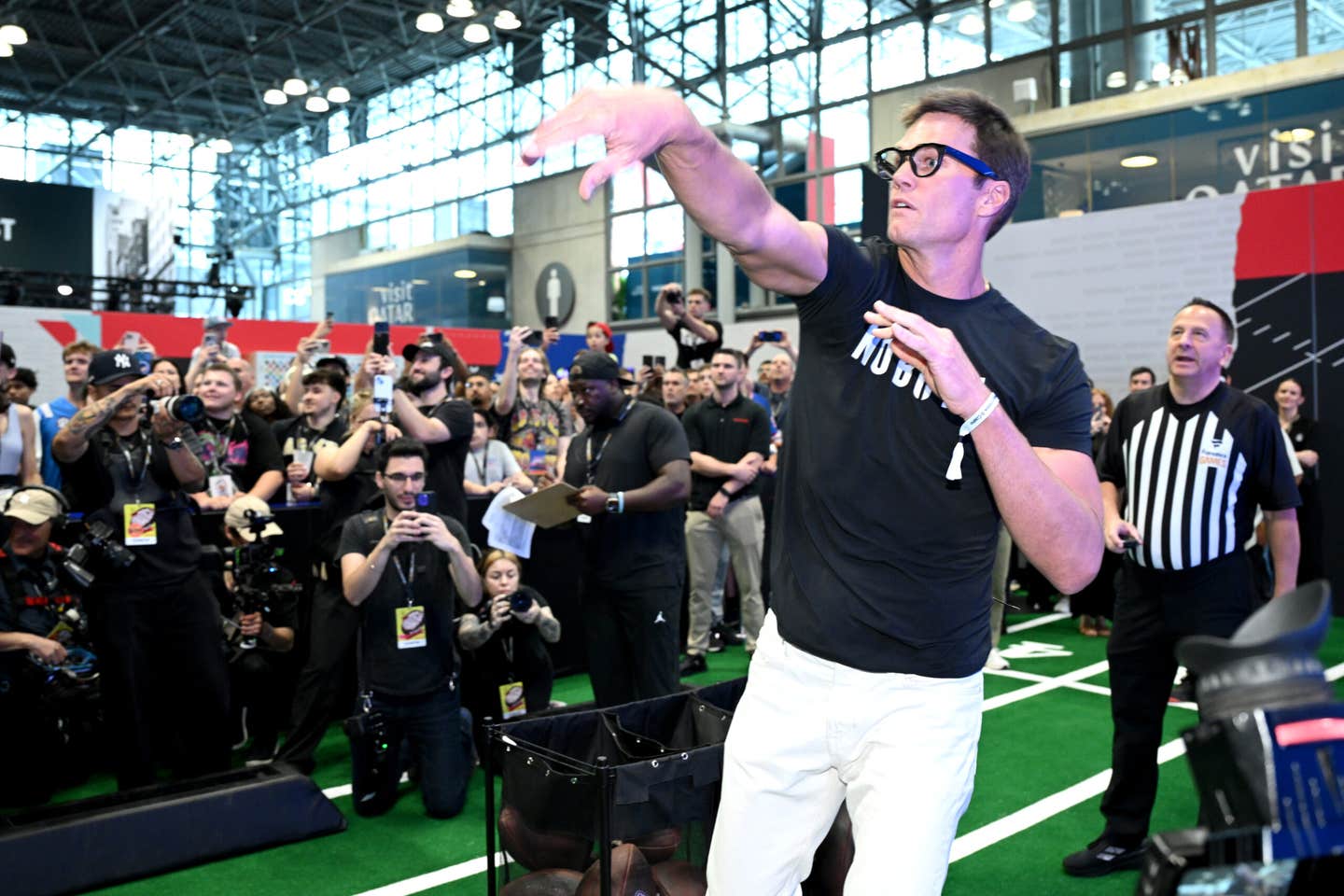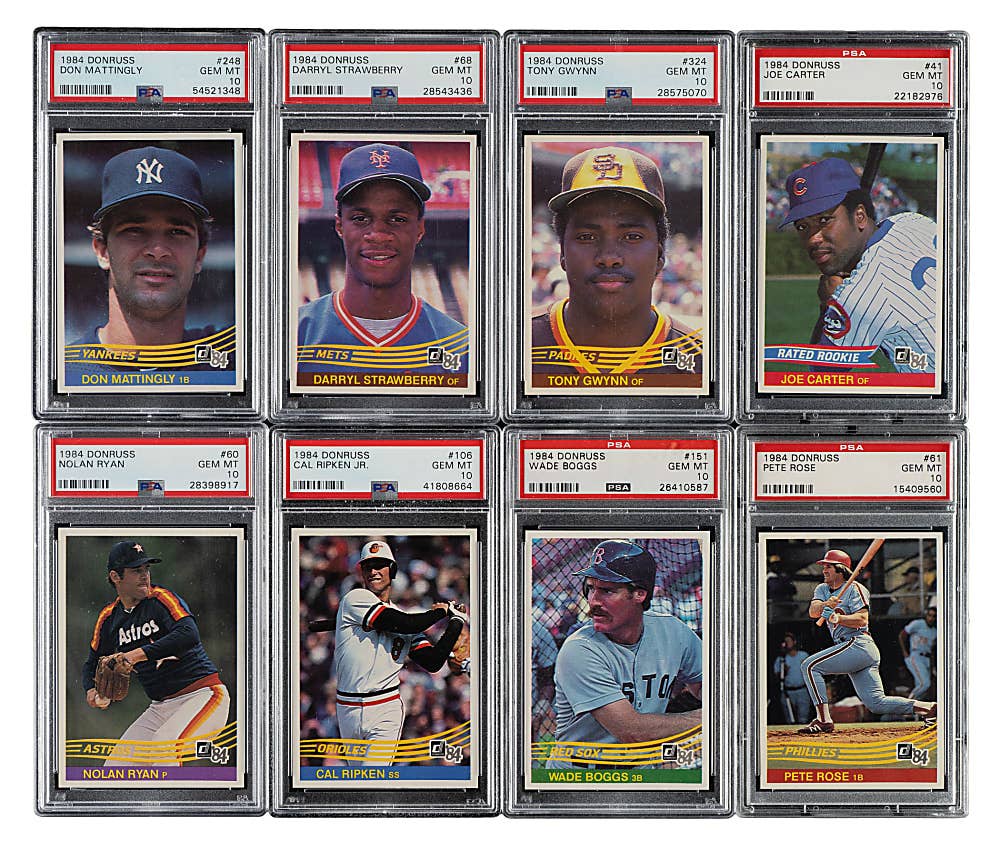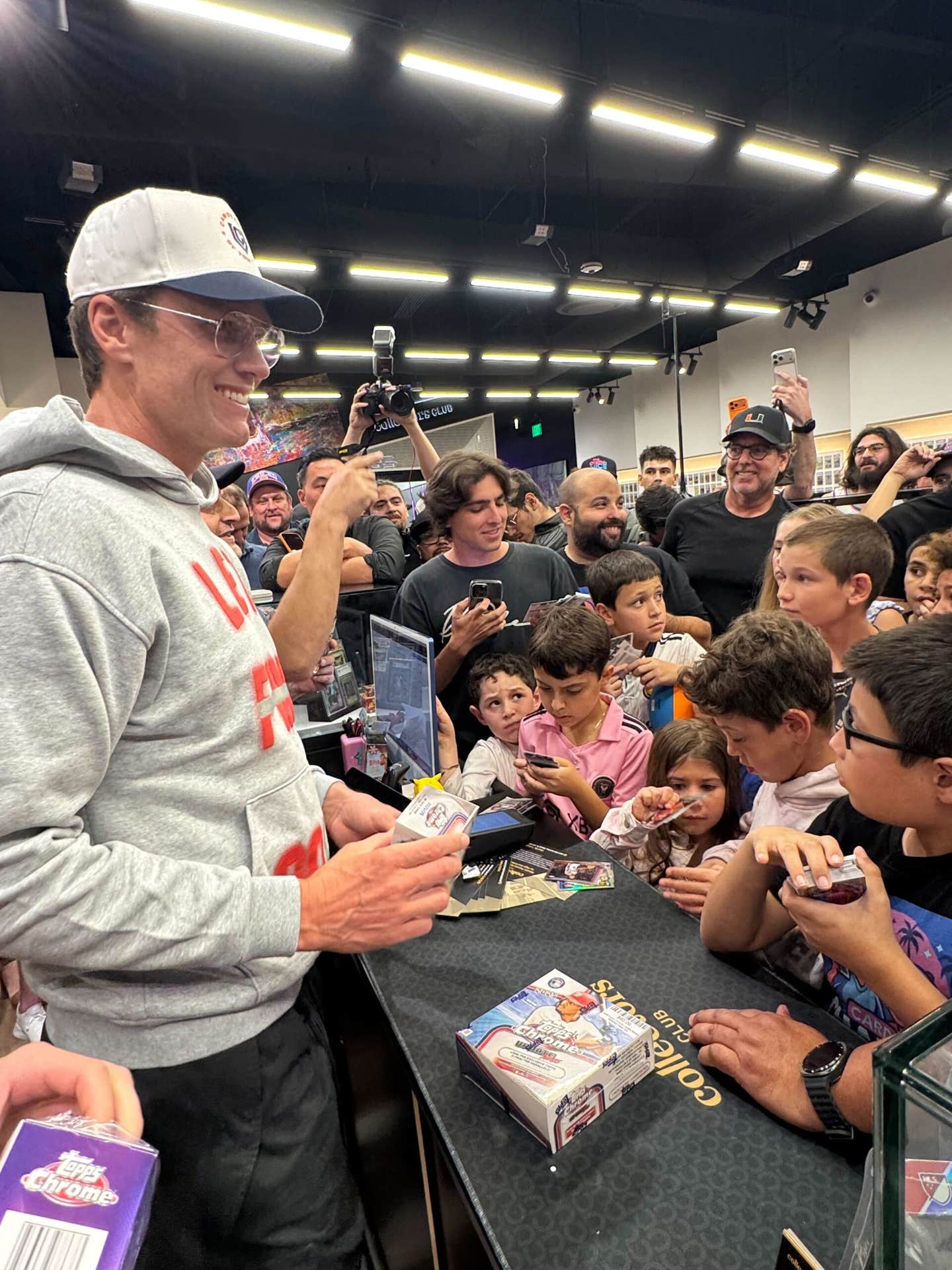News
Older guys are way more fun to interview …
Ten years ago when I interviewed nearly a dozen Pro Football Hall of Famers during a signing session for the HOF Signature Series art cards, I was struck by the genuine camaraderie between these legendary figures who had labored in the NFL in the decades before it became the multi-billion dollar enterprise that it is today.
I wrote this at the time: As each player walked into the room, he was greeted by the enthusiastic and occasionally raucous cheers and greetings of former teammates and opponents. This is clearly a unique fraternity, one with a bond cemented by an understanding of those who accomplished something special together. If any further connection were needed, the aching knees and countless nagging infirmities help remind the uninitiated that these men paid an enormous price for the luxury of these fraternal moments.
The players talked about collectibles, the modern game, their teammates – including several of them in need because of crippling injuries and the attendant costs – and even about things they wished they had saved, but the most fascinating comments came from Otto Graham, the legendary Cleveland Browns QB.
Although he started out talking about modern players (he conceded they are “bigger, stronger, faster and better”), he pretty quickly moved on to two topics better suited to People magazine than Sports Illustrated: two of the most famous murder cases in postwar America.
Graham had been a neighbor of Dr. Sam Sheppard, who was charged with murdering his wife in their Cleveland home on July 4, 1954. The murder was the inspiration for the long-running television series “The Fugitive,” and the feature film of the same name 20 years later.
With characteristic candor, Graham said, “As far as I’m concerned, Sheppard did it. There’s no doubt in my mind.”
There was a good deal more detail that helped explain and fortify his observation, and then he ventured into the more contemporary case. “O.J. did it. His teammates will tell you that O.J. was two different people. He was quite capable of it,” Graham concluded.
And you wonder why I like interviewing the older players so much more than the younger millionaires. I am pretty sure I never asked about any of that stuff – I certainly didn’t poll the Hall of Famers on their views of the Simpson verdict, which at the time was only a couple of years in the past.








